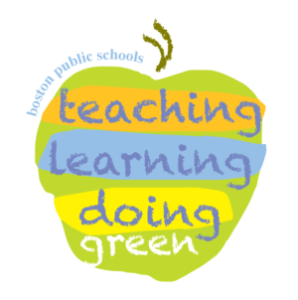
Welcome to our webpage on the education in Boston and how the school system is incorporating sustainable practices. We chose the city of Boston due to its very diverse population, and it being a big city that has sustainable practices in its schools. The main goal is to see how sustainability practices in the Boston school systems having impacts education in the schools for the better. Many people know how old and outdated schools are in today’s world. With school trying to implement sustainable practices like solar planes, zero waste practices, and climate and energy better options for the hope of improving the ever day school. We will take a look and see if and how it is working out for the city of Boston.
The topic intersects with the four areas of just sustainability work because with the Boston education system adding sustainability to different areas of the city, they have new resources they can use to better their communities. Also, with Boston implementing eco-friendly initiatives it will not only help the present generation but make Boston’s ecosystem better for generations to come. Another way they are intersecting with the four areas of just sustainability by living within ecosystem limits is by having recycling programs and community gardens. A final way Boston is intersecting with the four areas of just sustainability is by prioritizing the participation and further development of the black and people of color and the communities and giving them access to resources and technology that they weren’t able to get before.
In this web-case some key themes that will be covered is showing how with Boston schools incorporating sustainable practices their goal is to be able to reduce environmental impacts and cost. Also to improve occupants’ health and performance in school. And to be able increase environmental and sustainability literacy in the schools.
